Tuesday, January 9, 2018
Still looking for the perfect cleanse to detox your diet and start the New Year off right? Look no further. I’ve got you covered with evidence-based advice. And for even more about the science about all things food and nutrition, farm to fork, check out my new book!
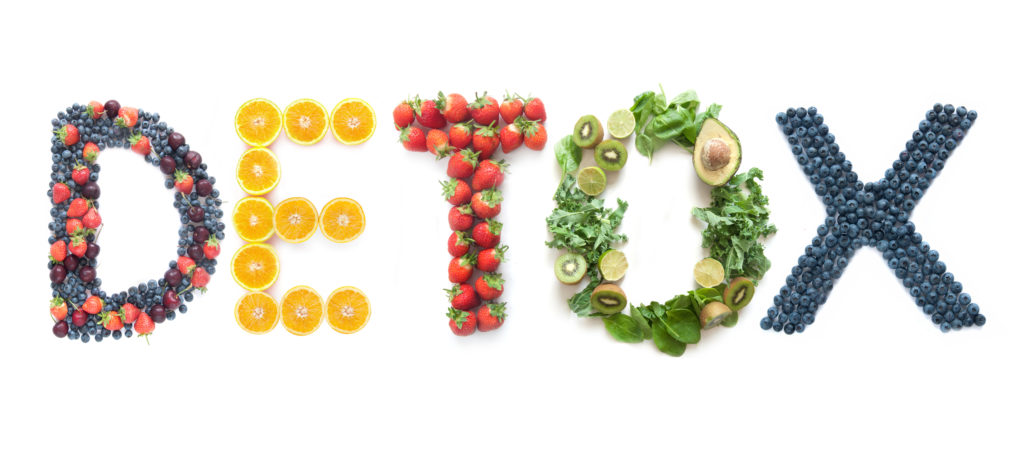
We’re well into January and I ask you: How’s that diet going?
If you’re like most people, you’ve gained some holiday weight and want to take it off. Or perhaps you’ve been wanting to see some lower numbers on the scale for a while now. The fact is, I bet you already know what the basics of a healthy diet (still) are: mounds of vegetables and fruits, whole grains, and lean and sustainable plant proteins like beans, nuts, and legumes. Heart-healthy unsaturated oils like olive, grapeseed, walnut, and flax also play a role. If these foods are the stars of your plate, and you’re working on getting your calories back in balance if needed, then your new year is off to a terrific start. Go you!
So what of the other things we chomp, such as cookies, chips, ice cream, candy, chocolate, soda, crackers, pizza, and so on? And if you did overindulge during the festivities, what’s the remedy for restoring your health, and perhaps even losing a few pounds?
Exactly right. You need a cleanse.
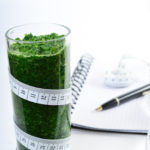 No, I’m not talking about the kind of cleanse featuring strange concoctions touted by too-skinny celebrities and junk-science food bloggers.
No, I’m not talking about the kind of cleanse featuring strange concoctions touted by too-skinny celebrities and junk-science food bloggers.
Speaking of which, now say: “Gluten. Is. Not Evil.” Breathe. Repeat.
Also, if you were wondering about Gwyneth Paltrow’s goop: Just. Say. No.
The fact is that there’s no evidence behind the vast majority of regimens floating around cyberspace. And guess what? The human body is a wondrous machine equipped with “detox” organs like the liver and kidneys and the gastrointestinal system, which work to clear your body of noxious substances you don’t need—including those found in food. That’s not to say that treating your body like a dump is a good idea; it’s not, and there’s no reason to make it work extra hard by feeding it junk. But a short-term diet “detox” or “cleanse” offers little in the long run to sustain weight loss and promote health; some may even be harmful. Certainly various nutrients and phytonutrients (plant chemicals) do increase the activity of detox enxymes involved in reactions that speed the removal of unwanted chemicals. Yet there is little scientific evidence from well-designed studies in humans to support which specific dietary elements and in what amounts precisely are needed to exert a meaningful effect on health.
The Miracle Cleanse?
The cleanse I’m referring to doesn’t have a catchy name (sorry) and doesn’t require a blender (thankfully). And it’s not some weird juice with strange ingredients and a funky flavor (happily). Most importantly, there are plenty of studies to support that this type of cleanse will, if done correctly, improve your health and weight.
Now take a look around your kitchen pantry, counter, refrigerator, and freezer. What do you see? If you’re staring at gallons of ice cream, boxes of cookies, bags of chips, and cans of soda (not to mention sweetened yogurts and granola bars), the thing that would most benefit from a “cleanse” is not your body, but your abode. And, unlike your human form, your habitat needs you to do the cleaning. Simply speaking, no matter your dietary vices—and you know what makes you drool—they don’t belong in your house. Behavioral research studies like these show, among other things, that you shouldn’t keep temptations close at hand, since that means—Duh!—you’re more likely to gobble them up. And common sense tells you the same thing.
Treats are often consumed in too-large portions that contribute substantial calories and few nutrients. They also tend to be loaded in sugar and refined carbohydrates (like white flour, quickly broken down into glucose), and most of us eat more than is good for our health. Indeed, consuming foods with lots of added sugar (not the kinds found naturally in fruits) are related to a greater risk of heart disease and type 2 diabetes; the risk remains, even if you’re at a healthy body weight. That’s why the 2015-2020 Dietary Guidelines state that everyone should limit added sugars to no more than 10% of daily calorie intake.
Make no mistake: I love indulgences like ooey gooey brownies and crunchy salty potato chips just as much as the next girl. I developed a keen sweet tooth growing up and it took many years to tame. The key was learning to keep goodies special, as if a guest were visiting, and never give them a permanent place on my grocery list or on my kitchen counter.

Certainly more logical (and less painful) than the mouse trap diet plan.
I still think about eating dessert after dinner, like most of us. But guess what? If there’s nothing around, I get over it. Or I suck it up: you simply can not eat what’s not there. Excess-calories-I-don’t-need and overeating episode averted.
Following most suppers today, I enjoy cut up fruit or berries—half a grapefruit, sliced pears or apples, orange wedges, and seasonal blueberries are favorites—or occasionally a medium small piece of dark chocolate. And once every few months or so I’ll take a trip to my local gelateria or pick up a pint of ice cream that my husband and I share over a couple of days’ time. If I’m craving salty snacks, I’ll buy a single serving bag, or split a sack with my husband. Do remember: ridding your house of temptation doesn’t imply you’ll never nosh these scrumptious morsels, it simply means they around to play a role in your everyday diet. Over time, you’ll actually find you have less of an appetite for sugar and salt as your taste buds adapt. (And a luscious piece of fruit really is a very satisfying dessert, once you’ve adjusted. Seriously! Give it a chance!)
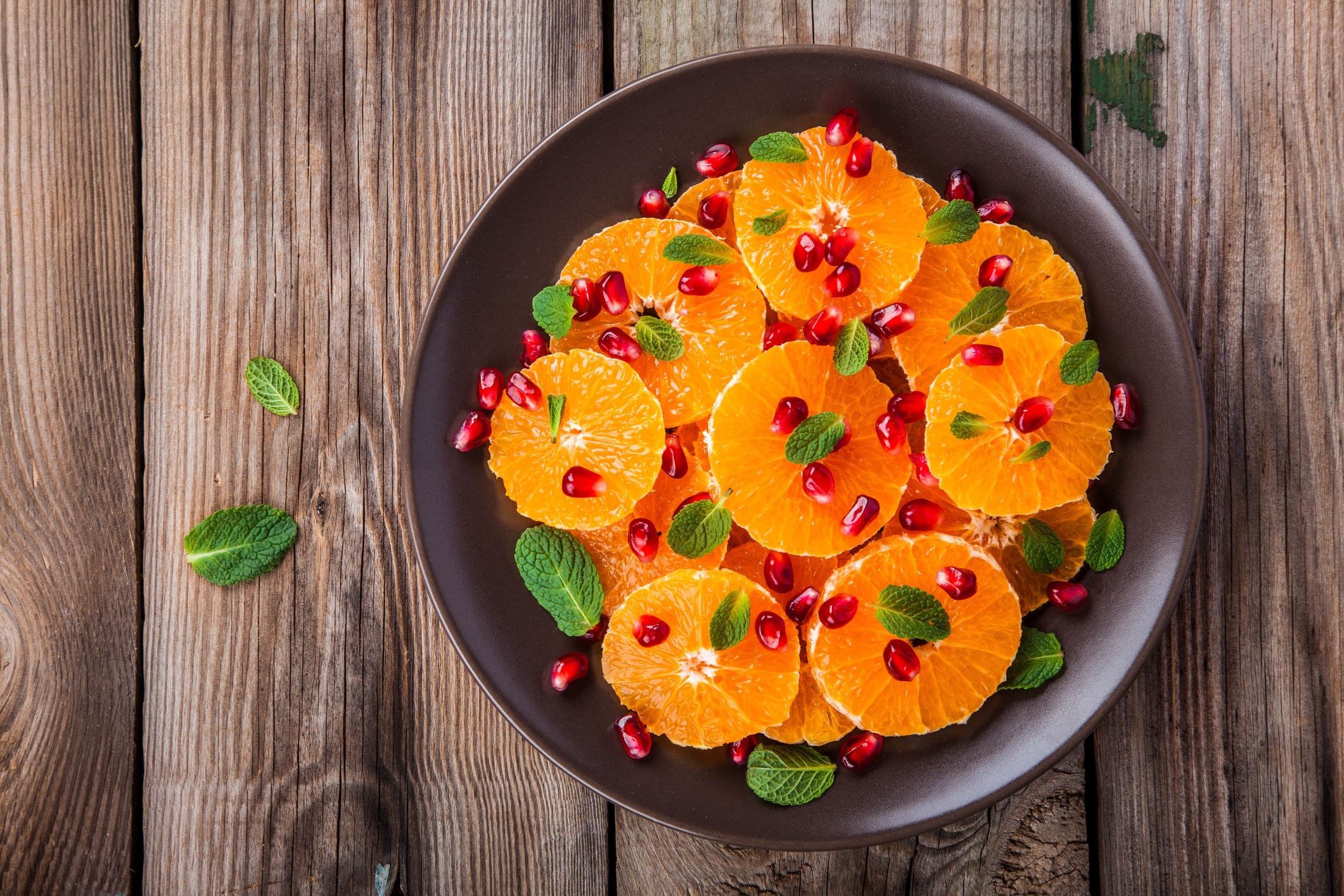
You can’t control many things in your food environment, whether workplace cafeteria, shopping mall food court, or supermarket aisles. But you can choose what you keep in your house—as well as your car and your office. The spaces where you spend the most time should be filled with food that nourishes your body, not packed with nutritional landmines ready to explode at every turn.
To clean up your diet, clean out your house—and then fill it with all the good stuff you already know you should be eating. It’ll make it a lot easier to eat healthfully throughout the new year, and always.
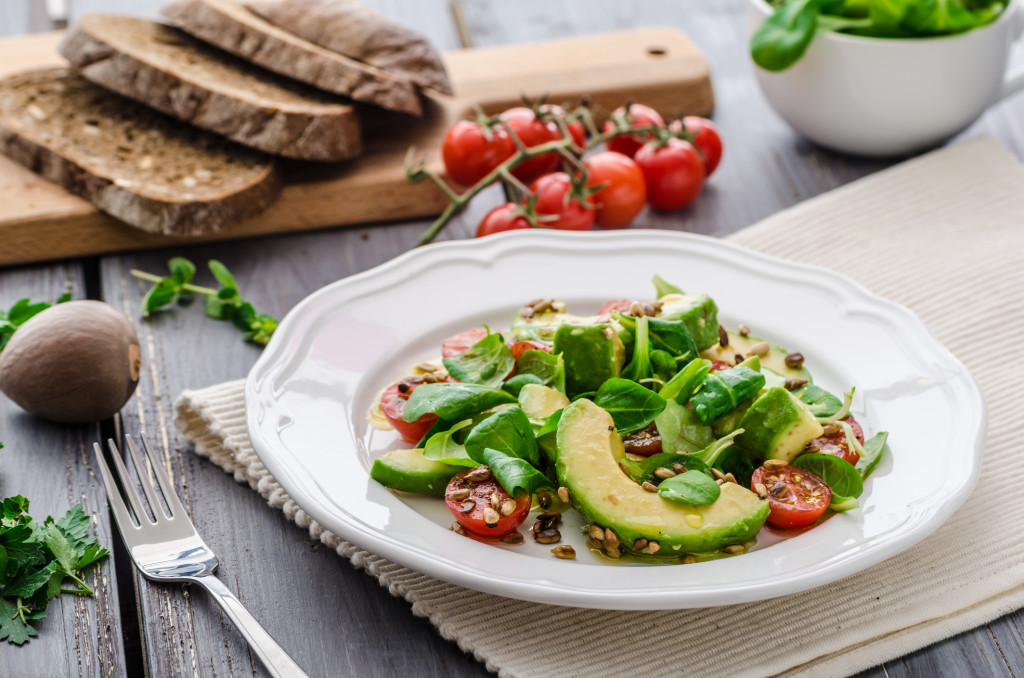
It’s the only “cleanse” you need.
—
Learn more about nutrition scientist and food personality Dr. P.K. Newby, and check out her newest book. You can also follow her on FB, where she is much more active than on this blog. Or, click here if you just want to ogle food porn featuring plant-based, globally-inspired cuisine.

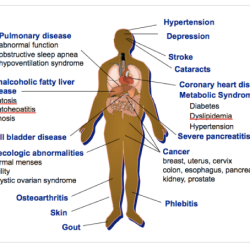
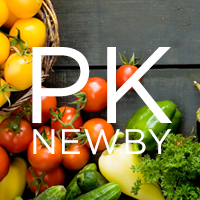

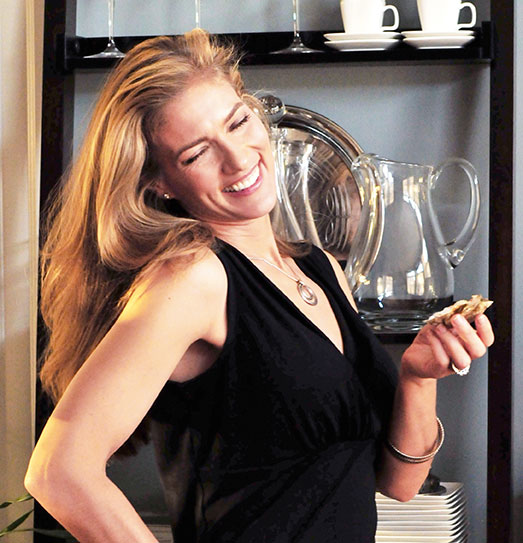
I need to eat healthy